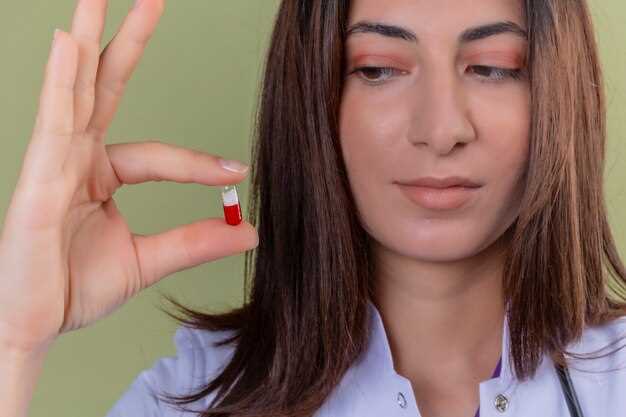
Unveil the profound efficacy when blending two formidable solutions in your wellness regimen. Harnessing the combined prowess of these remedies offers a comprehensive approach to optimizing your health. Explore the dynamic interplay between these remedies and unlock a new level of vitality.
Exploring the Benefits of Combining Aspirin and Clopidogrel

Delving into the synergy of these two medications reveals a compelling narrative of enhanced therapeutic efficacy and improved patient outcomes. This section elucidates the intricate interplay between aspirin and clopidogrel, shedding light on their combined mechanism of action and the resulting benefits.
- Mechanism of Action: Understanding how aspirin and clopidogrel interact at the molecular level provides insights into their synergistic effects. By elucidating their mechanisms of action, clinicians and patients alike can appreciate the rationale behind their combined use.
- Dual Pathway Inhibition: The combination of aspirin and clopidogrel targets multiple pathways involved in platelet activation and aggregation. This dual inhibition strategy not only enhances antiplatelet effects but also mitigates the risk of thrombotic events more comprehensively.
- Complementary Pharmacodynamics: While aspirin primarily inhibits cyclooxygenase-1 (COX-1) to block thromboxane A2 production, clopidogrel acts by irreversibly binding to the P2Y12 receptor, impeding adenosine diphosphate (ADP)-mediated platelet activation. Their distinct yet complementary modes of action synergistically inhibit platelet activation, resulting in enhanced antiplatelet activity.
This exploration underscores the clinical rationale behind the combined use of aspirin and clopidogrel, emphasizing not only their individual pharmacological properties but also the synergistic benefits that arise from their concurrent administration.
The Mechanism of Action

In this section, we delve into the intricate workings behind the combined efficacy of these two pharmaceutical agents, shedding light on their synergistic effects in achieving enhanced platelet inhibition.
Understanding Platelet Inhibition
Platelets, often likened to the body’s microscopic first responders, play a pivotal role in hemostasis, preventing excessive bleeding upon injury. However, when platelet aggregation becomes dysregulated, it can precipitate cardiovascular events.
Understandably, achieving optimal platelet inhibition becomes paramount in managing cardiovascular risks, necessitating a nuanced approach that extends beyond conventional monotherapy.
Unlocking Synergies
As we explore the intricate interplay between biochemical pathways, a deeper understanding emerges regarding how aspirin and clopidogrel collaborate to yield heightened platelet inhibition.
Their combined effect not only targets distinct pathways but also creates a complementary environment where each agent potentiates the other, culminating in a formidable defense against thrombotic events.
Enhanced Platelet Inhibition
<
Reduced Risk of Cardiovascular Events
Lowered Incidence of Cardiovascular Complications
- Minimized Frequency of Heart-Related Issues
- Diminished Chance of Cardiovascular Episodes
Enhanced Cardiac Protection
- Improved Shielding Against Heart-Related Problems
- Augmented Defense Mechanisms for Cardiovascular Health
Decreased Occurrence of Cardiac Events
- Lessened Rate of Heart-Associated Incidents
- Reduced Likelihood of Cardiovascular Complications

